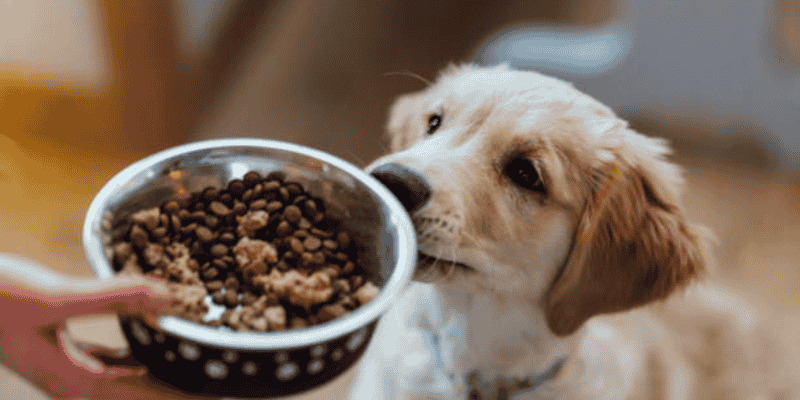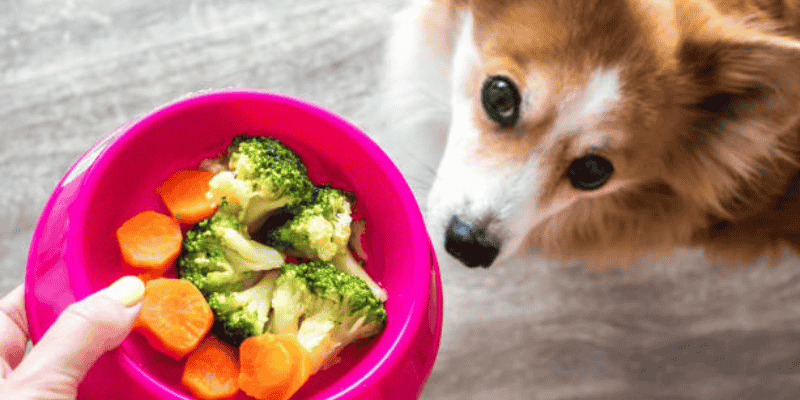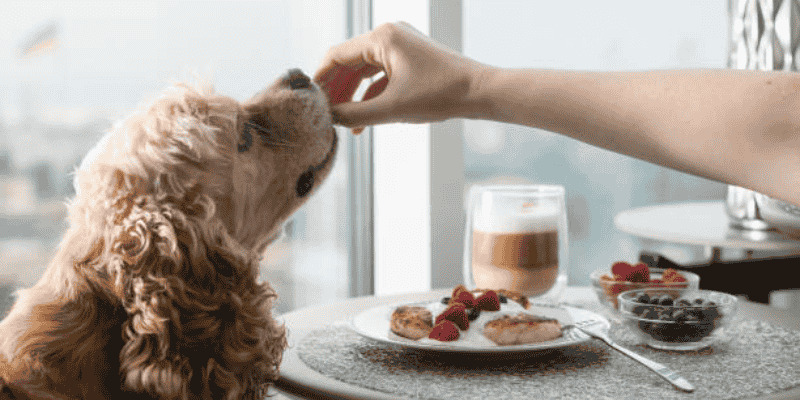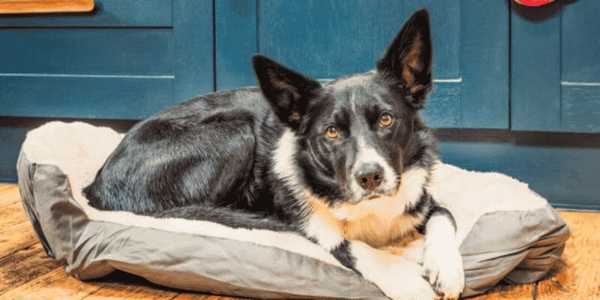Pets
Human Foods That Are Toxic To Dogs—Avoid These!
I've had dogs my entire life, and I've learned that even small mistakes—such as offering them a snack on a whim—can escalate into serious problems. So, let's explore this list of human foods never to feed your dog. Trust me, your pup's health is way too important for a little extra caution!
I've had dogs my entire life, and I've learned that even small mistakes—such as offering them a snack on a whim—can escalate into serious problems. So, let's explore this list of human foods never to feed your dog. Trust me, your pup's health is way too important for a little extra caution!
Chocolate: The Favorite Dog Dream That Can Kill Dogs
Chocolate is one of the most infamous no-nos for dogs, but repeating it is worthwhile. The more bitter the chocolate, the worse it is. Why? It has a chemical called theobromine, which dogs can't digest well. Even small amounts of dark chocolate can trigger vomiting, diarrhoea or seizures. Milk chocolate is less hazardous but potentially harmful when consumed in excessive quantities. If your dog does happen to eat chocolate, contact your vet immediately. Better safe than sorry!

Why Grapes And Raisins Are Small But Deadly
This one surprised me. You may think grapes and raisins are harmless but highly toxic to dogs. It's not clear why, but these fruits can lead to abrupt kidney failure. A few grapes or a handful of raisins can make your dog sick. Symptoms include vomiting, lethargy and loss of appetite. If you think your dog has eaten grapes, it's best to act quickly — time is of the essence here.
Xylitol: The Silent Killer In Sugarless Goodies
Xylitol is a sugar alternative in gum, candy, and peanut butter. It's harmless to humans but lethal to dogs. When dogs ingest xylitol, their blood sugar can plummet dangerously low, resulting in seizures or liver failure. Be sure to check the labels before sharing any "sugar-free" snacks. And if your dog visits your purse or pantry? Watch for weakness, vomiting or loss of coordination.
Onions And Garlic: Tasty But Harmful
Onions, garlic and other allium family members (like leeks and chives) can destroy a dog's red blood cells. This may cause anaemia, leaving your pup feeling weak and tired. Even minute amounts cumulatively — say, from onion powder in baby food — can accrue." They won't show symptoms for a few days, so call your vet immediately if your dog accidentally ingests them.
Alcohol: No Party For Pups
Dogs should never drink alcohol. Even a tiny sip of beer, wine, or liquor can cause vomiting, Breathing problems, or coma. Alcohol affects dogs faster than humans, and their smaller bodies make them extra vulnerable. Keep drinks out of reach, and never laugh off a dog "stealing" a drink—it's not funny and could be life-threatening.

Caffeine: Not Just For Humans
All types of Caffeine, whether from coffee, tea, energy drinks, or soda, are toxic to dogs. Caffeine is a stimulant in their system, resulting in restlessness, rapid Breathing or heart palpitations. In extreme versions, it can be deadly. If your dog tips over your coffee cup, clean it immediately and look for signs of distress.
Avocado: A Creamy Threat
Finally, avocados contain a toxin called persin, which is not harmful to humans but can make dogs sick. While the fruit isn't the most significant threat, the pit and skin are incredibly hazardous. The pit may make a dog vomit or have diarrhoea, but the more substantial concern is if a dog swallows the pit—it can obstruct the intestines. Use dog-safe veggies like carrots instead.
Macadamia Nuts: a Bang Crunch Of a Bombshell
These nuts are poisonous to dogs, even in small quantities. Symptoms such as weakness, vomiting and difficulty walking can appear within 12 hours. Scientists, macadamia nuts should be kept far from your pup. If they accidentally eat a cookie containing these nuts, there's no waiting — get to the vet.
Salt: When Enough Is Too Much
A small amount of salt isn't detrimental, but large quantities can cause sodium ion poisoning. Symptoms include shaking, seizures and high body temperature. Refrain from offering salty snacks like chips or pretzels. If your dog gulps seawater at the beach or eats a bag of salty snacks, immediately get your pet to the veterinarian.
Yeast Dough: Rising Risks
Raw yeast dough can also ferment in a dog's stomach, creating painful bloating or a twisted intestine. Plus, the fermentation process produces alcohol, which (as we know) is harmful. Keep rising bread dough out of curious noses' way.
Other Foods To Watch For
Apple seeds and cherry pits: They have cyanide in them, which is toxic.
Cooked bones: They splinter and cause damage to your dog’s throat or stomach.
Fatty Foods: Too much of this may cause a stomach upset or even pancreatitis.

What To Do If Your Dog Has Eaten Something Toxic
First, stay calm. Panicking won't help. Take any package from the food they ate and call your vet or an emergency pet poison hotline. Do not attempt to induce vomiting in your dog unless a professional indicates that you should. It's essential to take action quickly to save your dog's life.
How To Keep Your Furry Friend Safe And Happy
Your best bet when protecting your dog is to know what's off-limits and keep those foods safely out of reach. Feed a vet-approved treat, and if in doubt, say no. Dogs are a family member; a little caution goes a long way in keeping them healthy. Let's ensure our doggos remain wiggling, frolicking, and cuddling for many years to come!



